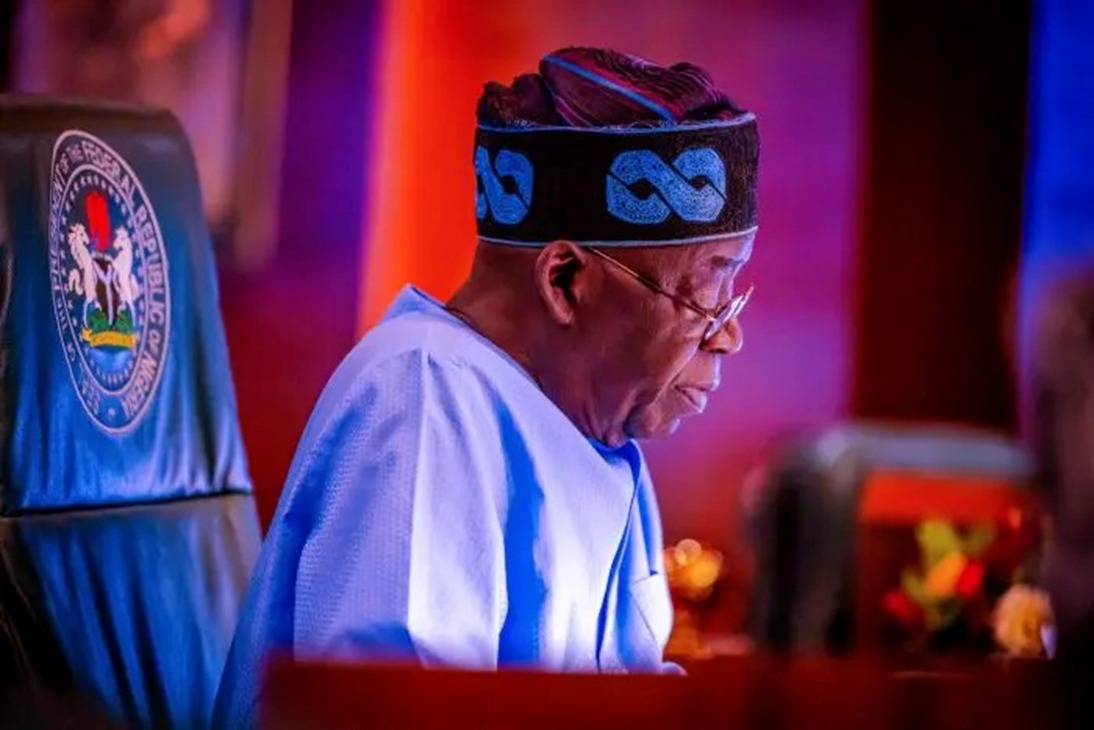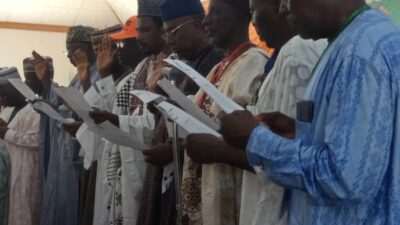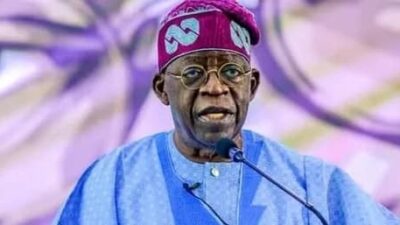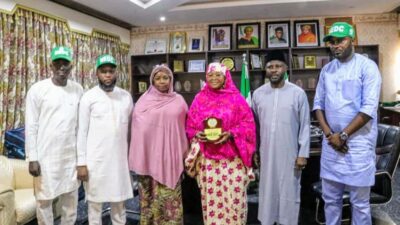By Abubakar Umar Mahmud
President Bola Tinubu has reaffirmed his commitment to implementing tax reforms and removing subsidies, despite mounting criticism.
During a media chat in Lagos, Tinubu emphasized that the tax reforms are necessary to eliminate colonial-based assumptions in the nation’s tax environment.
The proposed tax reforms have sparked controversy, with the Northern Governors Forum and 73 northern lawmakers opposing the bills.
However, Tinubu remains resolute, stating that the reforms are pro-poor and aimed at widening the tax net. The President also addressed the economic hardship following the subsidy removal, saying he has no regrets as it was necessary to save future generations.
Tinubu believes that removing the petrol subsidy will prevent the country from spending its future while giving freebies to neighboring countries.
He noted that the country was already spending its future, and it was imperative to make sacrifices to ensure a better tomorrow. The President’s economic reforms have received support from some quarters, with stakeholders commending the efforts as “hard but necessary”.
The tax reforms aim to boost local production, reduce imports, and increase access to legitimate income to tackle corruption. Key aspects of the tax reforms include the Nigeria Tax Bill 2024, Tax Administration Bill, Nigeria Revenue Service Establishment Bill, and Joint Revenue Board Establishment Bill.
These bills aim to provide a fiscal framework for taxation, establish a clear and concise legal framework for all taxes, repeal the Federal Inland Revenue Service Act, and create a tax tribunal and a tax ombudsman.
Tinubu’s administration is pushing forward with its economic reforms, despite opposition, in an effort to create a more sustainable and equitable economy.
The President remains committed to his vision of a prosperous Nigeria, and his administration is working tirelessly to implement policies that will drive economic growth and development.
Sahel Reporters News







